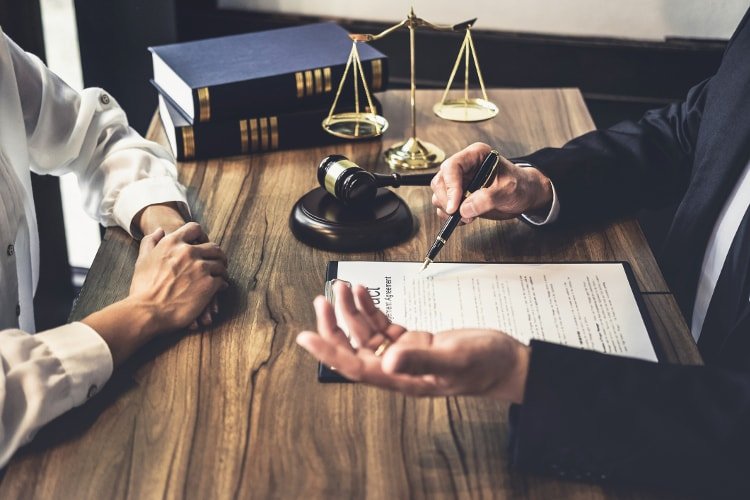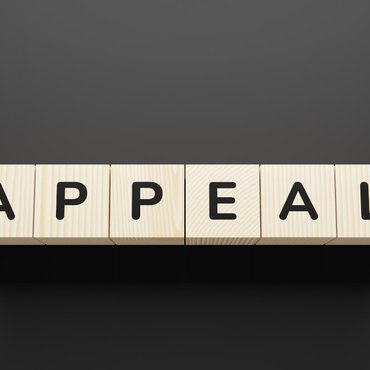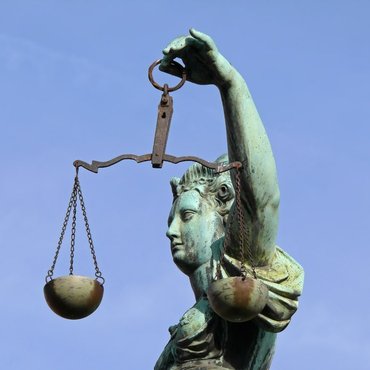Most people can agree that being a
criminal lawyer
is not an easy task. The nature of the job itself deals with sensitive and often serious issues and can lead to harsh consequences. The actions criminal lawyers take can be the difference between a free man and a man behind bars. And let’s not forget the woes of being a lawyer in general. Practicing law requires constant effort, and there are many ways your career can go south with a few mistakes.
In this article, we’ll be delving into the day-to-day challenges that criminal lawyers typically face throughout their careers. Some of these challenges can apply to many professions, while others are more nuanced to criminal law matters.
1. The difficulty of balancing work and home
Let’s start off with a pretty common issue many people with professional careers face. With such an important and sensitive job as being a criminal lawyer, one must be extra meticulous and careful with every action and decision they make. This requires more focus, more resources, and most importantly, more time.
Because of this, it’s common for criminal lawyers to end up having little to no time for themselves or for their families. This can seriously affect their mental health if not managed effectively. Without proper time management, a criminal lawyer will find it difficult to keep both their professional careers and personal lives in check.
2. The common misconceptions of being a criminal lawyer
If you’ve been working as a criminal lawyer for a while, you probably know how the public views your profession. After all, criminal lawyers are technically defending criminals, right? In the eyes of the victims, the victims’ families, and even to the general community, you may be seen as a hindrance to justice. Entertainment and media portraying criminal lawyers as evil on television and movies don’t help, either.
This, of course, is not true. In many cases, you may end up defending an innocent person. And even if they were guilty, it is their right to be defended in court. Unfortunately, not many people understand this, and brand criminal lawyers as doing a disservice. It is something that many criminal lawyers have to learn to face at some point in their careers.
3. Difficult clients
While your clients may be innocent or have the right to be defended, that doesn’t mean they can’t be difficult to work with. Because of how sensitive criminal cases are, many clients may act uncooperative or overly emotional. It can get to the point where working with them can feel frustrating. This type of problem is common among many client-based professions, though criminal lawyers tend to experience more extreme cases than others.
4. Finding the right evidence
Oftentimes, there can be certain pieces of evidence that can either make or break a case in its entirety. Whether it be CCTV footage, an alibi, or anything of the sort, all it takes is some sort of proof to brand your client as innocent.
However, this isn’t as easy as it seems. Courts have severe restrictions when it comes to collecting evidence, and this can end up hindering progress. This forces criminal lawyers to have to search for other pieces of evidence, or deal with the associated penalties.
5. The competition
Like with any profession, there exists some level of competition between criminal lawyers. This is especially true if an area only has a few criminal lawyers that the locals can turn to. Competition is also fierce, as criminal occurrences aren’t as common as, say, grocery purchases.
One of the most difficult aspects of competitions would have to be the low-ballers. Lawyers may want to raise their prices to offer better, higher-quality services, but they often get undercut by other lawyers who offer similar services for cheap. And because criminal law is such a vague concept to the public, it can be easy for them to believe that the services of lawyers with different rates are more or less the same.
Another problem with competition would be competing with those that have great track records. It takes a good amount of time before a criminal lawyer can make a name for themselves, and until then, they are overshadowed by those who have the most accomplishments. And since many would want to have the best possible chance to be proven innocent, veteran criminal lawyers are often the preferred choice.
6. Running your own firm
Many criminal lawyers operate under a large firm. However, there are some that wish to make their own business and run a legal firm themselves. This can present more profits and better business opportunities down the line, but it does come with its own risks and responsibilities. In particular, the responsibilities can be overwhelming from the get-go.
Other than having to deal with criminal cases, these lawyers have to worry about the business itself. The monthly rent, their employees’ payrolls, the finances, paperwork, and more. Without the knowledge or experience of running a business, it can be an incredibly difficult undertaking.
7. Trauma
Last but certainly not the least, let’s talk a bit about trauma, or in particular, PTSD. While most commonly associated with war veterans, criminal lawyers are also common victims of this disorder. After all, they are dealing with very sensitive and serious cases, which often end up sending someone to jail, or worse, to their death.
And even if they end up winning their case, many lawyers may end up questioning themselves. Did they make the right decision? Should they have defended that person, who may very well have deserved punishment for their crimes? These lingering thoughts can eat away at a person, and it takes a certain amount of grit and perseverance to deal with it.
Conclusion
Criminal lawyers are, at the end of the day, human too, and they’re just as prone to challenges and stress as any other profession. It can be an uphill battle sometimes, but with enough determination, any criminal lawyer can learn to deal with these issues.






